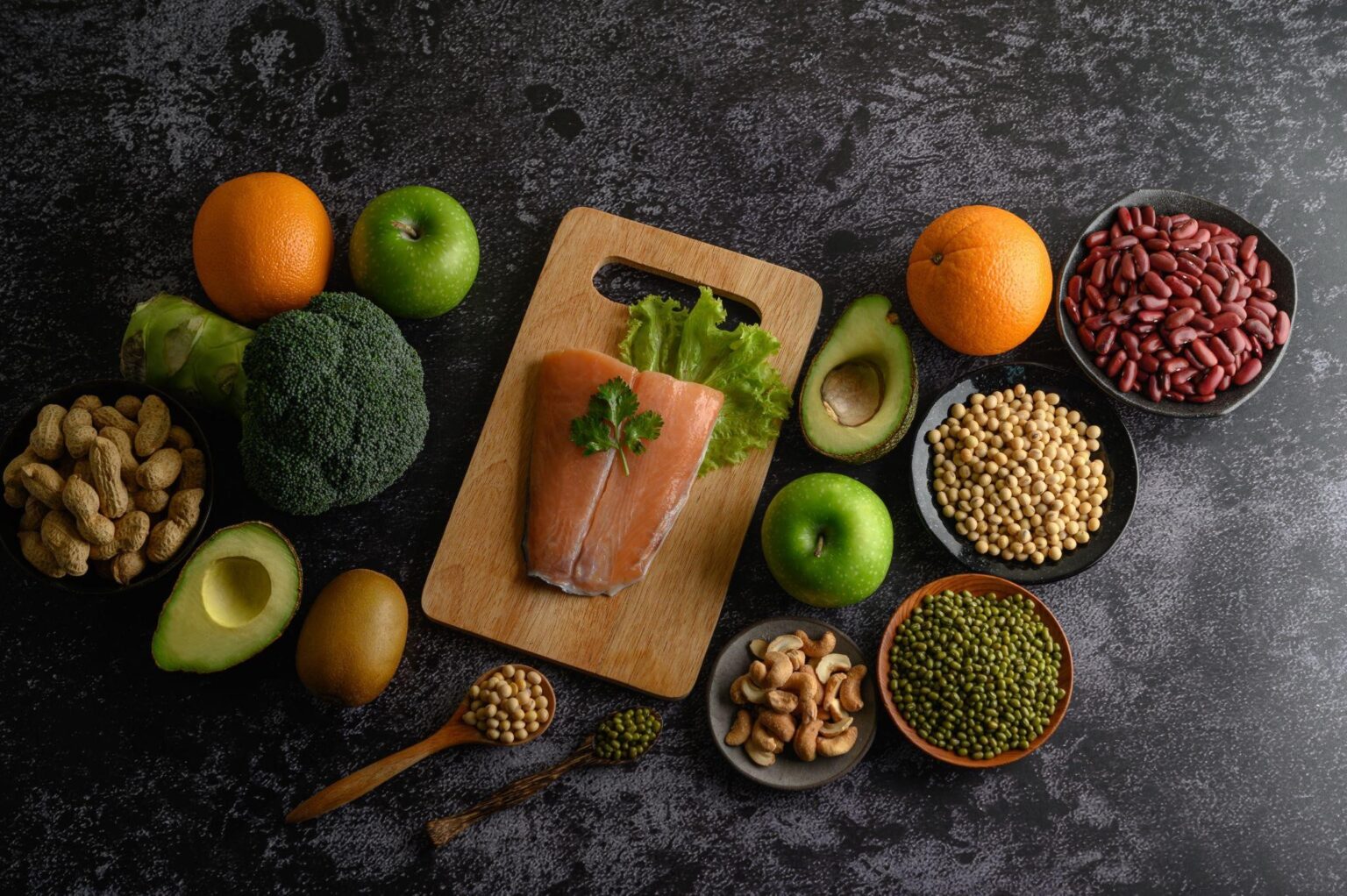
Eco-Friendly Protein Options
- Are you on the lookout for protein sources that not only support your health but also contribute to a greener planet? In this article, we will delve into the world of eco-friendly protein options that offer a sustainable and nutritious choice for both you and the environment. Let’s explore the diverse landscape of eco-conscious protein together.
- Introduction
- As global concern for our planet’s well-being escalates, more individuals are seeking impactful ways to contribute to a sustainable future. One area where choices matter greatly is in the protein we consume. Traditional protein sources like beef and pork come with an environmental cost. The rise of eco-friendly protein options offers us a chance to make a difference.
- Assessing the Environmental Impact of Conventional Protein Sources
- Traditional animal farming has far-reaching environmental consequences. From deforestation to water pollution, the methods employed for livestock farming strain our ecosystems. The shift to eco-friendly protein sources can significantly reduce these negative impacts.
- The Merits of Opting for Eco-Friendly Protein
- Eco-friendly protein options hold a bouquet of benefits. Not only do they carry a lighter ecological footprint, but they are also typically lower in saturated fats and cholesterol. The inclusion of plant-based protein sources often brings along added fiber and a spectrum of essential vitamins.
- Plant-Powered Protein Choices
- Legumes: Nutrient-Rich and Earth-Friendly
- Legumes, encompassing lentils, beans, and chickpeas, offer not only a robust protein profile but also enrich the soil they grow in by fixing nitrogen. This natural process reduces the need for synthetic fertilizers.
- Quinoa: The Wholesome Complete Protein
- Quinoa stands as a unique plant-based protein, boasting all nine essential amino acids, rendering it a complete protein source. Its versatility in the kitchen and nutty taste make it a sought-after option.
- Nuts and Seeds: Nature’s Tiny Protein Powerhouses
- Almonds, chia seeds, and pumpkin seeds are nutritional nuggets, brimming with protein, healthy fats, and various nutrients. They serve as delightful snacks and can enhance a multitude of dishes.
- Innovative and Sustainable Protein Alternatives
- Algae: A Nutrient-Dense Aquatic Superfood
- Certain strains of algae present protein-rich possibilities that can be cultivated sustainably. Spirulina and chlorella, for instance, pack a potent nutritional punch and can be incorporated into various culinary creations.
- Insects: The Protein-Rich Crawlies
- Insects, notably crickets and mealworms, are efficient protein sources requiring minimal land and water resources. Already making their way into protein bars and snacks, these critters offer a surprisingly sustainable option.
- Gradually Reducing Meat Consumption
- Poultry: Lean and Environmentally Considerate
- For those not ready for a complete departure from animal products, poultry emerges as a leaner protein alternative to beef or pork. Opting for organic and locally sourced poultry amplifies the eco-friendly aspect.
- Seafood: A Responsible Choice for Protein
- Certain seafood varieties, like sustainably caught salmon, fulfill protein requirements while providing heart-healthy omega-3 fatty acids. Choosing responsibly sourced seafood is crucial to preserve marine ecosystems.
- A Breakthrough in Sustainability: Lab-Grown Meat
- Lab-grown meat, also known as cultured meat, presents a revolutionary solution to the resource-intensive nature of traditional livestock farming. It requires fewer resources and generates fewer greenhouse gas emissions.
- Striking the Balance: Protein Intake and Nutritional Needs
- As you transition to eco-friendly protein sources, ensuring adequate nutritional intake remains paramount. Consulting with nutrition professionals can guide you toward informed dietary choices.
- Meal Planning Made Exciting with Eco-Friendly Protein
- Delectable Plant-Based Recipes
- Embark on a culinary adventure with dishes like lentil curry, black bean tacos, and quinoa-stuffed bell peppers. These recipes not only tantalize your taste buds but also showcase the remarkable flavors plant-based protein can deliver.
- Innovative Protein Integration
- Infuse your diet with algae-based supplements in smoothies or experiment with cricket flour in baking. These innovations heighten the nutritional value of your meals.
- Transitioning Toward a Greener Protein Journey
- The transition to eco-friendly protein sources is a journey. Start by incorporating more plant-based meals into your routine and gradually acquaint yourself with alternative protein choices.
- Agriculture’s Role in Fostering Sustainability
- Advocating for sustainable agricultural practices, including regenerative and organic farming, further bolsters the effort to mitigate the environmental impact of food production.
- Balancing the Books: Cost and Accessibility
- While initial costs of eco-friendly protein sources might appear steep, consider the long-term benefits for your health and the planet. As demand rises, prices are likely to become more competitive.
- Exploring Eco-Friendly Protein Supplements
- For those with specific dietary needs, eco-friendly protein supplements offer a convenient option. Seek out products derived from plant-based or lab-grown protein sources.
- Dismantling Myths Around Eco-Friendly Protein
- Separating fact from fiction, eco-friendly protein sources are not only nutritionally sound but also play a pivotal role in fostering sustainable food systems.
- Conclusion
- Opting for eco-friendly protein sources transcends personal health; it contributes to a healthier Earth. By embracing plant-based and innovative protein choices, you actively participate in shaping a sustainable future, all while savoring nourishing and delightful meals.
- FAQs
- Can plant-based proteins effectively support muscle growth?
- Yes, by combining different plant sources, you can obtain a complete amino acid profile that facilitates muscle building akin to animal-based proteins.
- Are insects safe and sustainable to consume?
- Indeed, insects are safe to eat and are already part of various cuisines globally. They offer protein, vitamins, and minerals in abundance.
- Is lab-grown meat genetically modified?
- Lab-grown meat doesn’t necessarily involve genetic modification. It’s produced through cell cultivation without antibiotics or hormones.
- Can a vegetarian diet meet my protein requirements?
- Absolutely, a well-balanced vegetarian diet can fulfill your protein needs via diverse plant-based sources.
- How can I encourage others to embrace eco-friendly protein choices?
- Leading by example and sharing your positive experiences can inspire others. Organize cooking sessions or gatherings to introduce your circle to the delights of eco-friendly cuisine.







